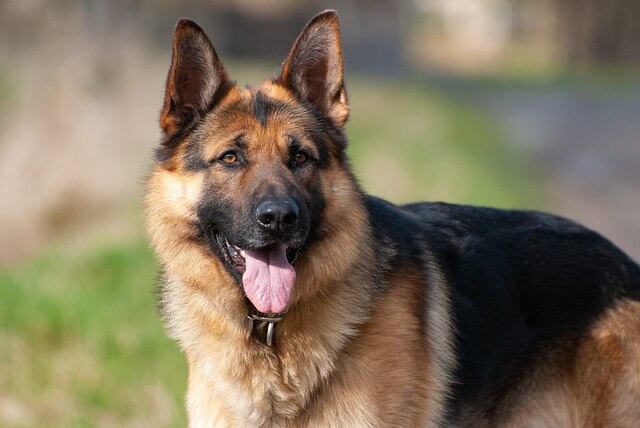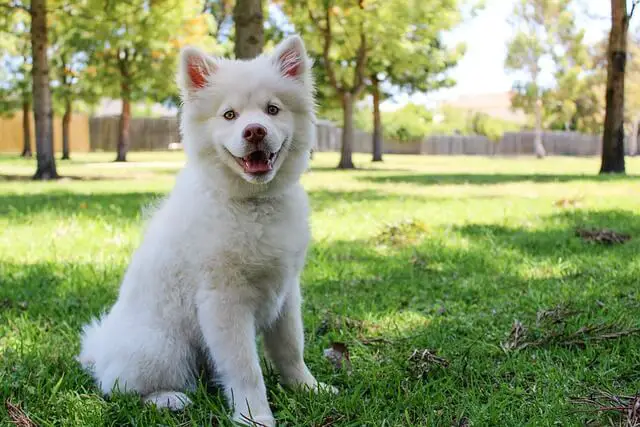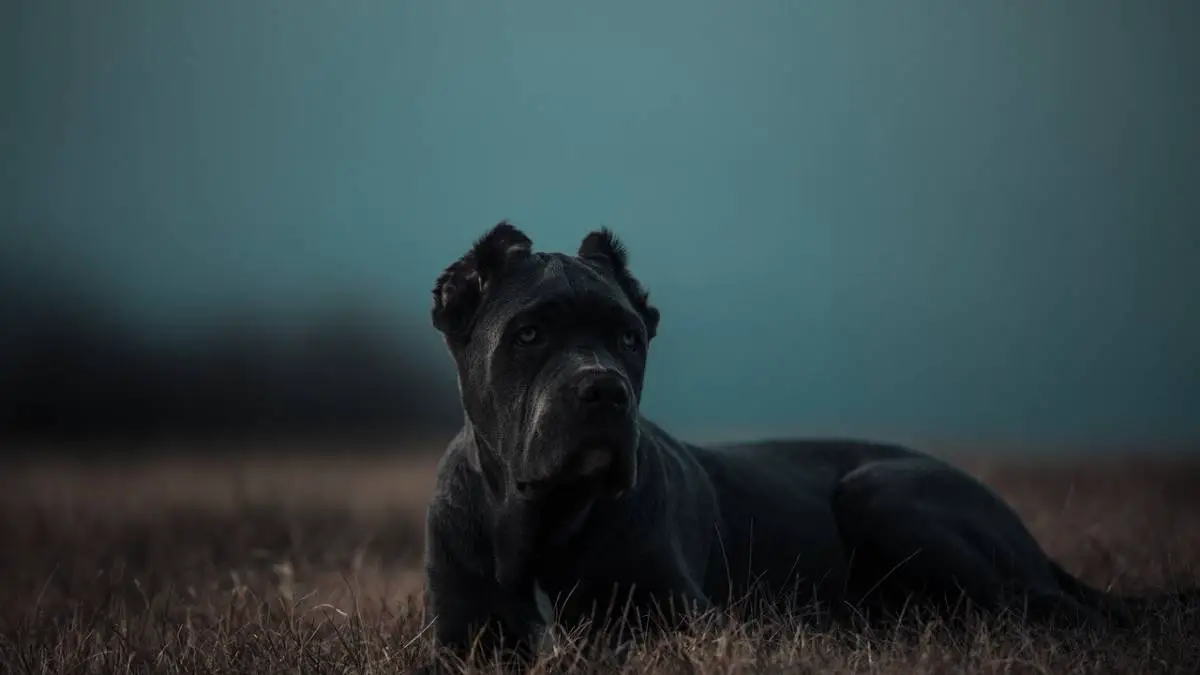Cryptorchidism In Dogs - Cause, Symptoms & Breeds Prone To It
13.11.2022.
Cryptorchidism in dogs is a health problem that can affect unneutered male dogs. Although it is not a common health issue, in modern times, when more and more bad breeders decide to breed dogs, we can see it more often.
This is not a painful condition for the dog, but it must be addressed early. Otherwise, your dog could develop testicular torsion or even cancer. Here is everything you need to know about cryptorchidism in dogs.
What is cryptorchidism?
Cryptorchidism in dogs is a medical condition explained as a failure of one or both testicles to descend into the scrotum. The journey of the testicle starts near the kidney in the abdomen, and when the dog reaches two months old, the testicle can descend into the scrotum. For some dogs, these can occur even later in their life- but after six months, it is practically impossible for testicles to descend.
If the testicle doesn't reach the final destination, it could be retained in the abdomen or anywhere in the path to the scrotum.
IMPORTANT: Cryptorchid dogs should never be used for further breeding.
What are the causes of cryptorchidism?
Cryptorchidism is a genetic problem and usually will happen if people decide to breed cryptorchid dogs. This condition is inherited because it can usually be seen in the same dog's family tree. Still, there are always exceptions, and your dog could be a cryptorchid even if his parents are perfectly healthy.
FUN FACT: 75% of cryptorchidism in dogs will cause one retained testicle, and the rest 25% will involve both of them.

Symptoms of cryptorchidism in dogs
If one of your dog's testicles is not present in the scrotum by the age of 2 months, you can start to assume he is a cryptorchid. This is not a painful condition; only a few dogs can experience little pain in the abdomen, although it is not so common.
There are a few other symptoms connected to cryptorchid dogs, and they include
- Small eyes
- Abnormal legs
- Hip dysplasia
- Underdeveloped eyelids
The biggest concern with cryptorchidism in dogs is that retained testicles could develop into cancer and cause additional problems for your dog. Because of that, it is important that you find out if your dog is a cryptorchid or not, to remove the possibility of him developing cancer later in his life.
Are there any breeds prone to this problem?
Generally speaking, all dogs could develop this condition if someone from their family tree was diagnosed with cryptorchidism, but some dog breeds are most prone to it.
Toy and miniature dog breeds are at the most risk of developing this condition, and cryptorchidism was more diagnosed in smaller dogs than large and giant dog breeds. Cryptorchidism in dogs mostly affects purebred dog breeds, although all dogs are subject to his condition. Brachycephalic dog breeds are also prone to cryptorchidism.
Dog breeds prone to developing cryptorchidism are
- Chihuahuas
- Yorkshire Terriers
- Dachshunds
- Pomeranians
- Siberian Huskies
- Boxers
- Miniature Schnauzers
- Shetland Sheepdogs
- German Shepherds
- Poodles

How is cryptorchidism diagnosed?
This condition is pretty easy to diagnose – if you can't feel the testicle (s) from the outside in most cases, this will indicate cryptorchidism. If your vet is unsure, he may demand additional ultrasound or radiographs to find the location of this retained testicle.
What is the correct treatment for cryptorchidism in dogs?
There is only one correct treatment for cryptorchidism in dogs, and that is – neutering. If you own a cryptorchid dog, you have nothing to think about, and you must neuter him to preserve his health. If you decide not to neuter your dog, there is a high possibility that your dog will develop some health-related problems later in life, with cancer being the most common.
GOOD TO KNOW: Cryptorchid dogs that are not neutered have a 15% more chance of developing testicular cancer.
What is the prognosis for these dogs?
The prognosis is excellent if you decide to neuter your dog to remove the retained testicle. This is a standard procedure, and there should be no additional complications. Some dogs may even come home the same day after surgery, while others must stay in the clinic for two days.
In the days after the surgery, it is recommended to decrease the number of activities your dog receives, and your vet will suggest using an Elizabethan collar to prevent your dog from licking, chewing, or biting the place of an incision.
Further, you will only have to ensure that the incision area is not red or swollen, which can indicate some infection.

Should I neuter my dog?
Neutering in this situation should always be performed to help your dog preserve his health. In other cases, when your dog is not a cryptorchid, we suggest you neuter your dog unless you are planning to breed him.
If you are considering neutering your dog and you are unsure if you should do it, make sure to check this article that can help you make up your mind - Should I Neuter My Dog
What if my dog's testicle doesn't develop?
There could be a situation where your dog's testicle has never developed, and your vet will not be able to find him anywhere. Our vets recently had a situation with a White Swiss Shepherd where the dog only had one testicle in the scrotum.
After the owners had decided to neuter the dog, they were shocked when their vet told them that the dog didn't ever develop a second testicle and that this is a rare medical condition.
Today this dog lives a perfectly happy and healthy life and has no health problems.
World Dog Finder team







Share